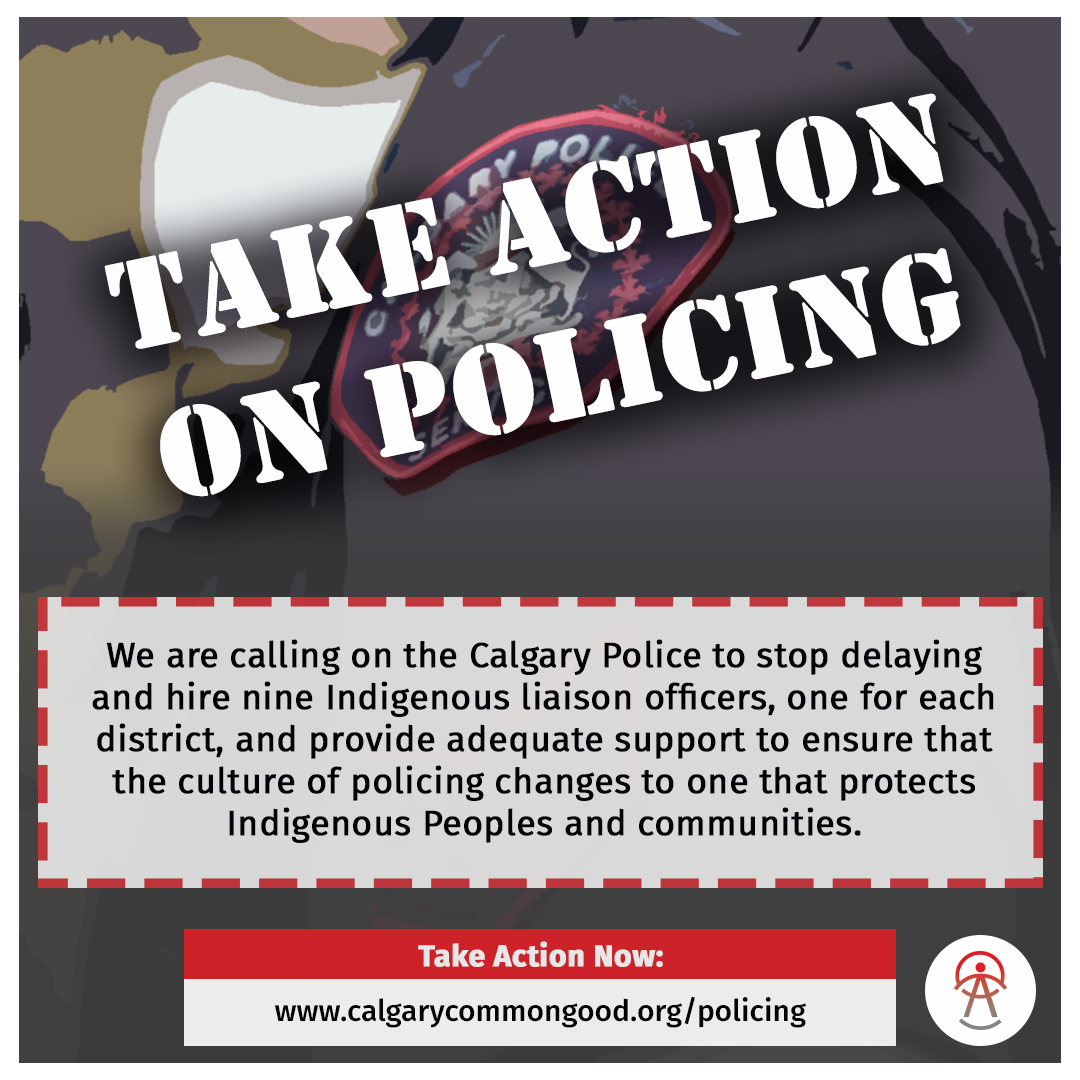
Every Child Matters: A Statement About Kamloops
This week we were - again - confronted by the brutality of the residential school system through the discovery of at least 215 Indigenous children buried at the school in Kamloops. It was a heartbreaking reminder that before there can be reconciliation, there must first be truth. The truth is, Alberta had more residential schools than any other province, and at least 800 children died.
The truth is, the racism that created residential schools is not in the distant past. It is lived reality for Indigenous peoples, and is played out in thousands of different ways, including environmental racism. Indigenous peoples are on the front lines of both the impact of climate change, and climate action.
There is still much that settlers and newcomers need to understand. This work is not easy or comfortable, but it is necessary. June is National Indigenous History Month. If you have not already done so, please make it a priority to listen to our conversations with Eriel Deranger of Indigenous Climate Action and Maskwaskis Boysis of Idle No More as they shared their experiences and Indigenous perspectives on climate action. Please also take time to visit their organizations' sites to learn more about their work.
Join us on June 16 to hear from Indigenous activist Chantal Stormsong Chagnon of Cree8 as she talks about her work and what we can do to support it. We also invite you to participate in our Book Club, where on June 30 we will be discussing There’s Something in the Water: Environmental Racism in Indigenous and Black Communities by Ingrid R.G. Waldron.
As a member organization of the Calgary Alliance for the Common Good, the Calgary Climate Hub has committed to supporting the work of the Reconciliation Research Action Team. We share their message below and we ask you to take action.
Every Child Matters - A Message from the Calgary Alliance for the Common Good
The uncovering of the truth, that there are at least 215 children buried at the Kamloops residential school, sits heavy with all of us.
As we have embarked on a deeper journey of wrestling with the truth of colonization and as we have listened to residential school survivors, we remember that we have often heard stories of the children who “didn’t make it”; the children who “disappeared” and of the many who died afterwards from the impacts of abuse suffered in residential schools. Why have we treated indigenous people’s lives as so much less valuable? Why do we continue to?
This week, this knowledge sits heavy on our hearts. Our hearts also burn with moral pain. We have also been called on to act.

Yesterday, we learned of the CBE’s decision to change the name of Langevin School to Riverside. We celebrate it and we are incredibly grateful for everyone who took part in the campaign. This is an important step.
And yet, symbolic actions that address the past are not enough.
What we have also learned is that while the form has changed, residential schools no longer exist, the colonial process continues today, through child services (more kids are in “care” today than during the era of residential schools), through the criminal system, ongoing systemic racism, The Indian Act, Missing and Murdered Indigenous Women, Girls and Two-Spirited, the continued exploitation of land and denial of land rights . . . Thus we must not just remember, we are called to act.
![]()
Turning to Action:
So, as you gather with your members over the upcoming weeks, we ask you to engage in symbolic acts that acknowledge the truth of residential schools by wearing orange shirts, setting out shoes, teddy bears, etc., and we also request you to combine these acts with honest conversations about how we continue to participate in colonial harm against indigenous peoples. Then, combine it with a commitment to partner in actions that bring about justice.
Some places that we are working to partner with Indigenous communities to advocate for justice and that we ask you to partner with us are:

1. Take Action on Policing - One of the central ways that colonialism continues is through policing, especially the over policing and under protecting of indigenous people’s. We are partnering with indigenous leaders to address this by calling on the police to appoint an indigenous liaison officer for each district.
We are asking you to take action by writing those with power over this decision
2. Wrestling with the Truth of Colonization.
At our first public action, then Chief Crowchild challenged us to first really wrestle with the truth of colonization before turning to reconciliation. From this challenge we have developed the Wrestling with the Truth of Colonization Process. We are asking each of our members to make a pledge of how many people they will recruit to go through the wrestling process over the coming year. We are also asking each member organization to make a commitment to sit down with those who go through this process and develop a concrete plan for how your organization will address the legacy of colonization.
3. Listening to the Elders, Survivors and their Communities.
During our work of Truth and Reconciliation, we have learned to listen to and follow the lead of Indigenous Elders and Leaders. As an Alliance, we are making a commitment to sit down again and listen to the Elders, most of whom are residential school survivors, and listen for what action we should take next. In what ways can we be accountable to these elders, for following through on our commitments. We are asking each of you to make a commitment to take action based on the direction that they give us.
The next offering of the Wrestling with the Truth of Colonization course will likely be in November. If you would like updates, please email [email protected].
Do you like this page?
